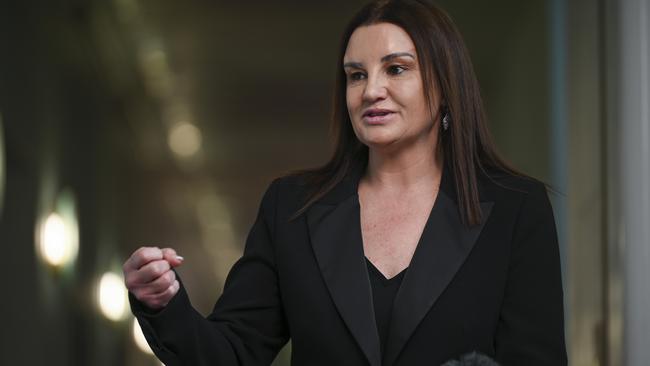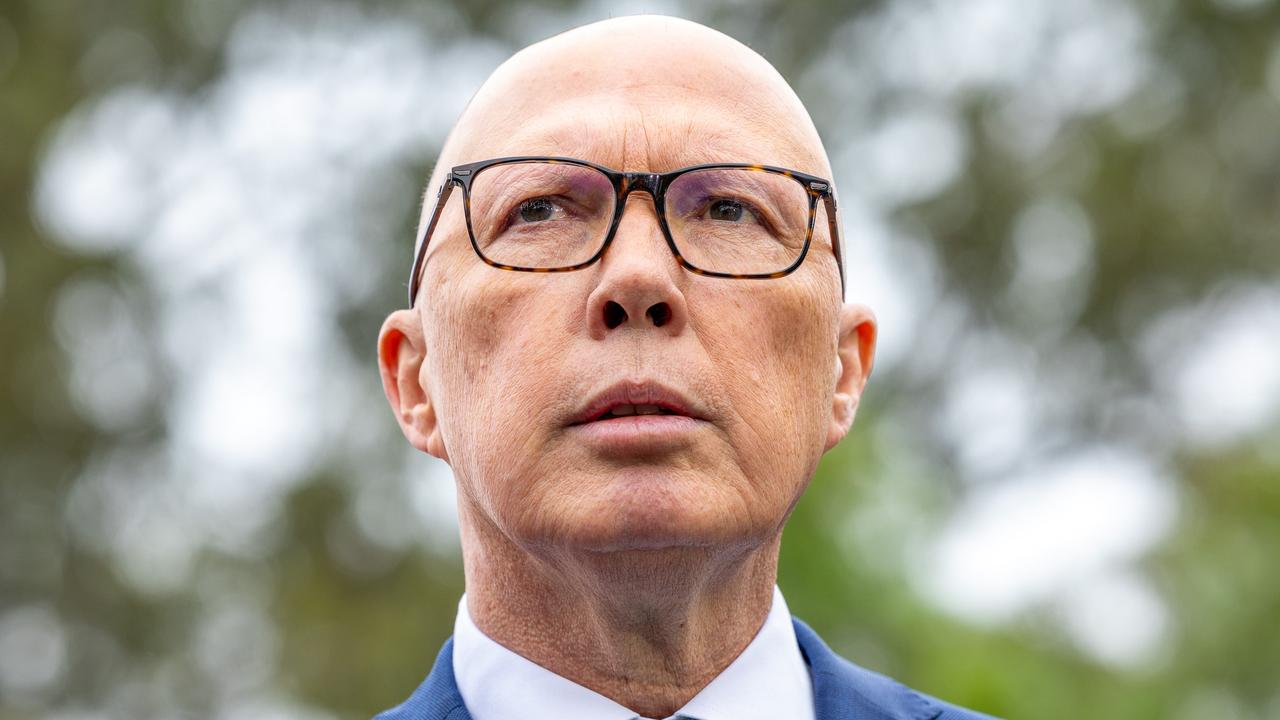Jacqui Lambie’s free speech concerns over misinformation bill
Crossbench senator Jacqui Lambie says she holds significant concerns over the government’s proposed misinformation bill, revealing she would seek to amend the legislation.

Crossbench senator Jacqui Lambie says she has significant concerns with the government’s proposed misinformation bill, revealing she will seek to amend the legislation to ensure it does not impinge on freedom of speech.
While the Coalition is firmly against the draft misinformation laws – which would give the Australian Communications and Media Authority the power to fine social media giants millions for content it deemed “harmful” – the crossbench has been reluctant to make its position clear.
But Senator Lambie said on Monday she was “worried about the freedom of speech” implications in the bill.
“We’re going to have to walk a very fine line with this,” she said. “We are in discussions with that … and we want to see whether or not we can make that bill maybe a little bit better and maybe put some amendments through.”
Greens senator Sarah Hanson-Young said last month her party was “prepared to work with the government for reform to prevent misinformation and disinformation”, but that the proposed legislation was only an “incremental step” and more ambitious laws were needed.
Opposition communications spokesman David Coleman moved a private members motion in the House of Representatives on Monday, calling for the bill to be shelved.
“The government’s misinformation bill is one of the most disturbing pieces of legislation ever put forward by an Australian government,” he said.
“It strikes at the heart of our democratic rights and it is an absolute disgrace.”
Mr Coleman said the bill in its current form could encourage social media platforms to become overly cautious in censoring content to avoid the risk of serious financial penalties.
“Under this bill, if ACMA the regulator determines that digital companies aren’t doing enough to remove that sort of content, and it’s capable of contributing to so-called serious harm, they can get massive fines, literally, potentially into the billions of dollars,” he said.
“So what are those digital companies going to do? They’re going to remove the free speech of Australians.
“They can either run the risk of falling foul of ACMA and exposing themselves to massive fines, or they can remove a whole lot of the free speech of Australians and what are they going to do? Of course, they’re going to remove that free speech.”
Labor MP Andrew Charlton led the defence of the legislation, saying that tackling misinformation was among the government’s top priorities to prevent “further decay” of democracy.
He disputed that the bill had failed to define key terms concisely, after lawyers and legal groups consistently criticised the bill for its broad definitions including misinformation, disinformation and harm.
“Our democracy relies on a strong and robust economy of ideas, but around the world we’ve witnessed the scourge of misinformation and disinformation surrounding some of the most important issues in our time,” he said.
“Issues like the efficacy of vaccines during the toughest days of the Covid-19 pandemic, issues like where the spread of misinformation, whether inadvertent or deliberate, could cause real harm to people and also to democracy.”



To join the conversation, please log in. Don't have an account? Register
Join the conversation, you are commenting as Logout